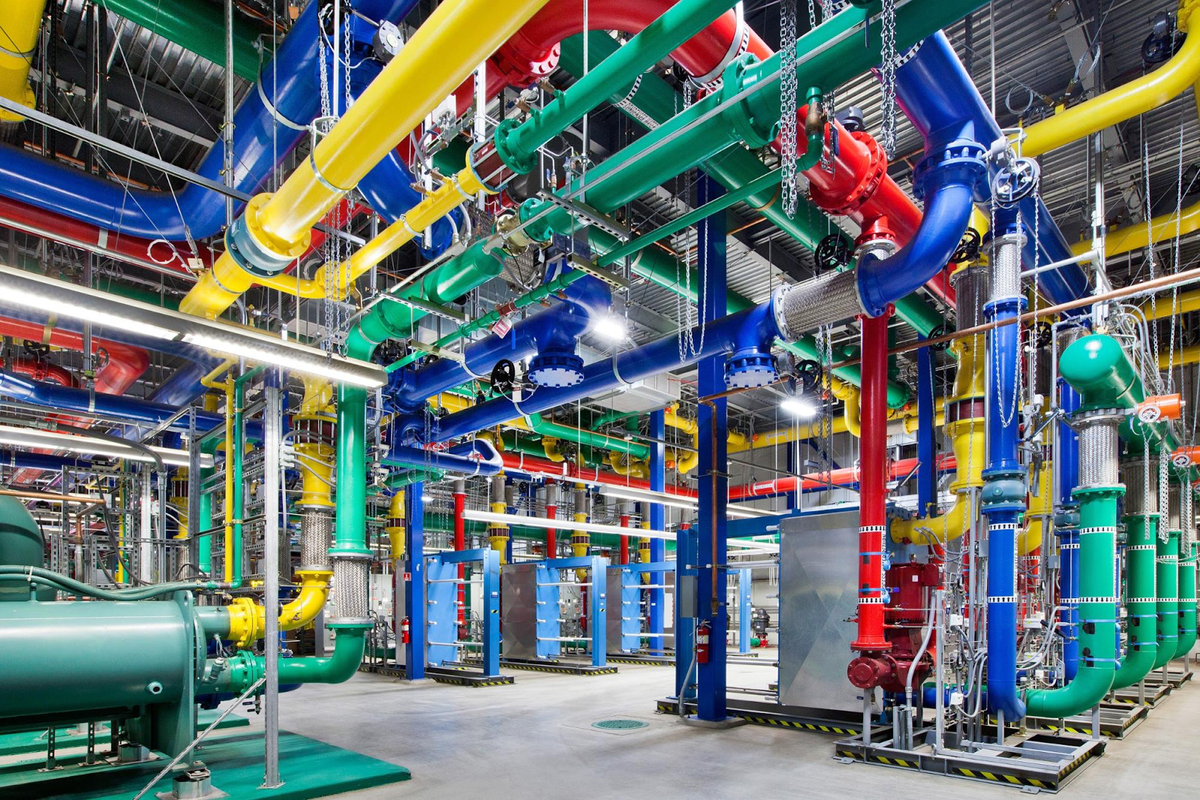
Google Cloud revenues passed a record $10 billion for the quarter – a real turnaround for what was once the ugly duckling of the hyperscalers that pundits had speculated idly could be killed off as heavily loss-making.
Whilst its search segment remains by some margin Alphabet’s largest contributor to revenue growth, earnings posted late Tuesday show strong cloud growth and a healthy $1 billion+ in quarterly operating profit.
Google Cloud revenue growth was up 29%, reflecting “significant growth in GCP… and includes an increasing contribution from AI” and strong Google Workspace growth driven by increases in revenue per seat.
See also: Google Cloud NEXT: AI for Workspace, BigQuery; compute, storage innovations, an Arm CPU...
Alphabet continues to spend big to build out infrastructure: CapEx hit $13 billion for the quarter, CFO Ruth Porat told analysts late Tuesday on a Q2 call, “driven overwhelmingly by investment in our technical infrastructure with the largest component for servers followed by data centers.”
Questioned by Barclays analyst Ross Sandler on whether there was a risk that the cloud industry was going from “underbuilt” on AI hardware to “overbuilt”, Alphabet CEO Sundar Pichai responded: “the risk of under-investing is dramatically greater than the risk of over-investing…
“Even in scenarios where if it turns out that we are over-investing, we clearly – these are infrastructure which are widely useful for us.”
Pressed on the extent to which AI was revenue-generative for the company, Pichai claimed that “our AI infrastructure and generative AI solutions for cloud customers have already generated billions in revenues and are being used by more than two million developers” – he cited customers like Deutsche Bank, Kingfisher, and the US Air Force as using its enterprise AI platform Vertex to build “powerful AI agents…”
Pichai added during a Q&A with analysts on July 23, 2024 that “I think roughly, the models are all converging toward a set of base capabilities… And I think there are pockets, be it coding, be it in customer service, etc., where we are seeing some of those use cases are seeing traction, but I still think there is hard work there to completely unlock those…”